
Direct admission of Vietnamese students after they pass high school graduation continues a series of New Zealand's open policies towards Vietnamese people.
PHOTO: ENZ
Direct admission for Vietnamese students with many opportunities
On the morning of August 19, Education New Zealand (ENZ) announced that from this year, 8 Institutes of Technology and Engineering (ITP) will directly admit Vietnamese students to study at the undergraduate level, instead of requiring students to complete the first year of university in Vietnam or to complete a foundation program or vocational certificate in New Zealand as before. Thus, the majority of higher education institutions in New Zealand, including universities, have established a mechanism to directly admit Vietnamese international students.
ITPs are a group of public schools in New Zealand that offer vocational certificates and applied bachelor and master's degrees. Previously, in 2019, 16 ITPs nationwide merged into a common management model called Te Pūkenga. However, the New Zealand government is set to dissolve the organization from 2026 to restore the previous network of independent schools and allow ITPs to operate independently as alliances, according to an official announcement.
In terms of entry requirements, high school graduates only need to have a grade 12 grade point average (GPA) of 7 or higher in at least 4 subjects related to their field of study to be able to register for 6 ITPs: Ara Institute in Canterbury (Ara); Whitireia and WelTec Institute; Waikato Institute of Technology (Wintec); Nelson-Marlborough Institute of Technology (NMIT); Otago Polytechnic; Southern Institute of Technology (SIT).
Some ITPs even loosen their entry requirements, such as Toi Ohomai Institute of Technology, which announced that applicants only need to pass the high school graduation exam and have a grade 12 GPA of 5 or higher, while Eastern Institute of Technology (EIT) requires students to pass the high school graduation exam.
Also according to ENZ, in addition to competitive tuition fees, for the first time, the ITP group also offers scholarship programs to attract Vietnamese international students. Not to mention, many training majors of the ITP group are linked to the labor shortage list in New Zealand (Green List), and international students studying bachelor's and master's degrees at ITP after graduation can also stay in this country for 3 years to find a job and develop their career.
Many other free educational activities
Also according to ENZ, from September 20 to October 5, this agency will organize online experiential classes, simulating university lectures taught by lecturers from universities and institutes in New Zealand. There will be a total of 26 classes taking place with topics such as artificial intelligence, data science , animation design and game programming, space physics, food science and culinary creativity, international business, supply chain, startups, education, languages...
The program is open to all high school students in Vietnam for free and can be registered HERE .
In addition, ENZ will also organize 4 online exchange sessions from September 6-14 with the participation of 14 former Vietnamese students in New Zealand. The speakers will share topics such as experience working for large corporations, how to "hunt" for jobs in foreign government organizations, the advantages of a New Zealand PhD, and how to take advantage of opportunities from labor-hungry industries to develop their careers.
"Through a series of positive activities and policies in 2025, New Zealand continues to affirm that Vietnam is one of the key markets in New Zealand's international education strategy," said Mr. Ben Burrowes, ENZ's Regional Director for Asia.
Previously, according to the admission policy from 2024, students who completed grade 12 in Vietnam, regardless of whether they attended a specialized school or a regular school, could be considered for direct admission to New Zealand universities if they had a GPA of 8.0 or higher (depending on the field of study) and passed the high school graduation exam. Most bachelor's programs in New Zealand last 3 years, except for some fields such as engineering, medicine, law, etc.
To attract more international students, New Zealand has also made many adjustments to its international education policy, such as allowing anyone with a student visa to work up to 25 hours/week during each semester, an increase of 5 hours compared to current regulations from November 3. At the same time, the New Zealand government has also expanded the right to work part-time for all university students participating in exchange programs or short-term courses.
According to statistics from ENZ, 69,133 international students will enroll in education providers in New Zealand in 2023, an increase of 67% compared to 2022, with the majority concentrated in universities. Of these, 1,736 are from Vietnam, an increase of 10% compared to the previous year but still about half the record (3,042 in 2019), with the largest concentration also in universities (1,120), followed by secondary schools (308).
Source: https://thanhnien.vn/nhieu-hoc-vien-new-zealand-tuyen-thang-hoc-sinh-viet-nam-lan-dau-co-hoc-bong-185250819122744029.htm


![[Photo] Ho Chi Minh City is brilliant with flags and flowers on the eve of the 1st Party Congress, term 2025-2030](https://vphoto.vietnam.vn/thumb/1200x675/vietnam/resource/IMAGE/2025/10/10/1760102923219_ndo_br_thiet-ke-chua-co-ten-43-png.webp)

![[Photo] General Secretary attends the parade to celebrate the 80th anniversary of the founding of the Korean Workers' Party](https://vphoto.vietnam.vn/thumb/1200x675/vietnam/resource/IMAGE/2025/10/11/1760150039564_vna-potal-tong-bi-thu-du-le-duyet-binh-ky-niem-80-nam-thanh-lap-dang-lao-dong-trieu-tien-8331994-jpg.webp)
![[Photo] Opening of the World Cultural Festival in Hanoi](https://vphoto.vietnam.vn/thumb/1200x675/vietnam/resource/IMAGE/2025/10/10/1760113426728_ndo_br_lehoi-khaimac-jpg.webp)





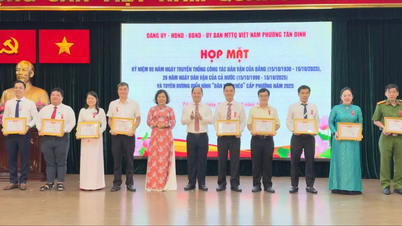

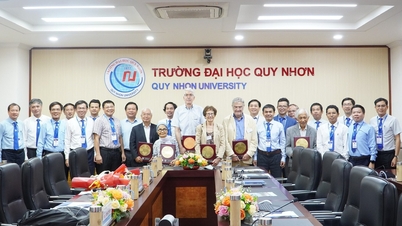


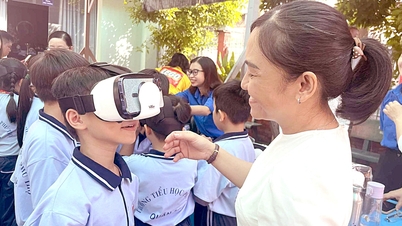

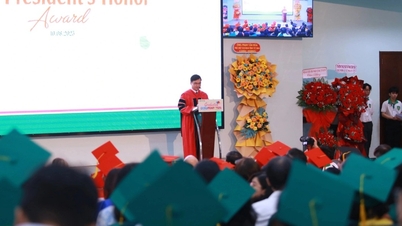


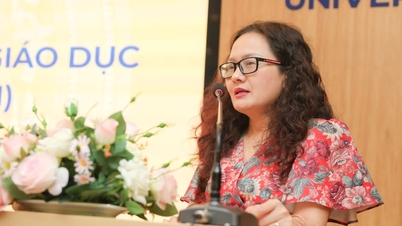

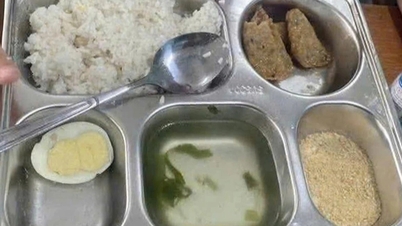
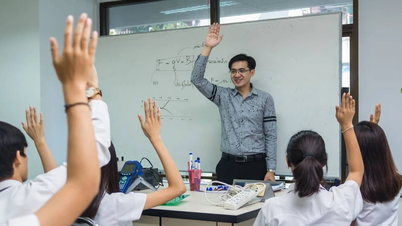




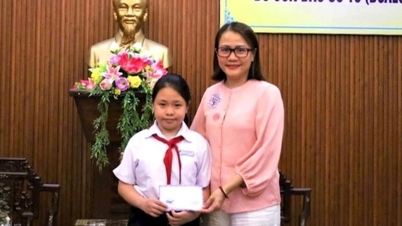


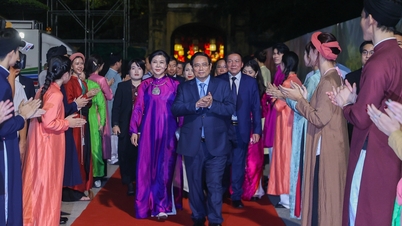

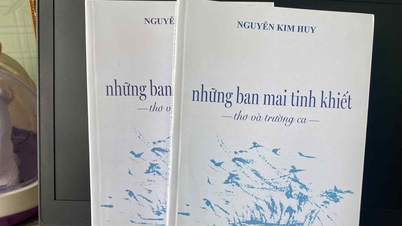































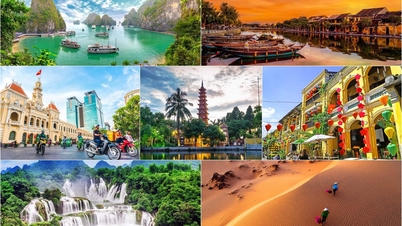




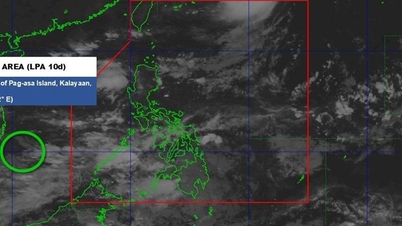




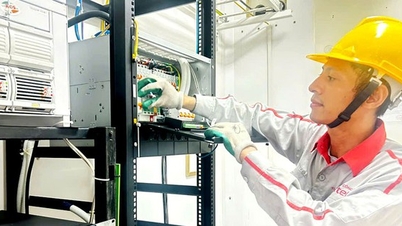


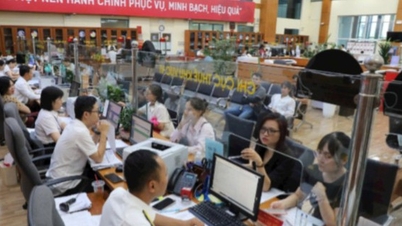
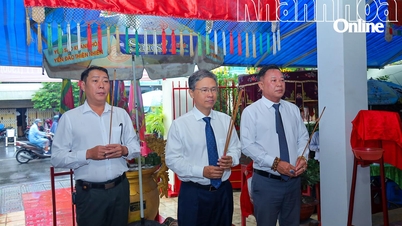




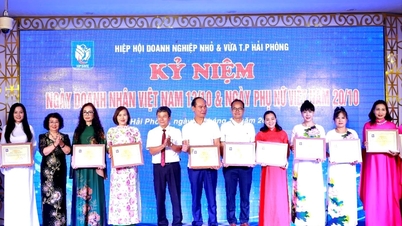
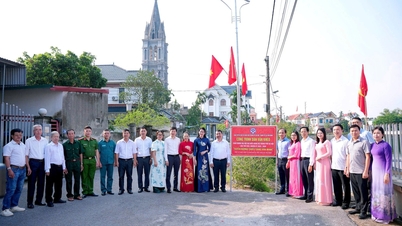















Comment (0)